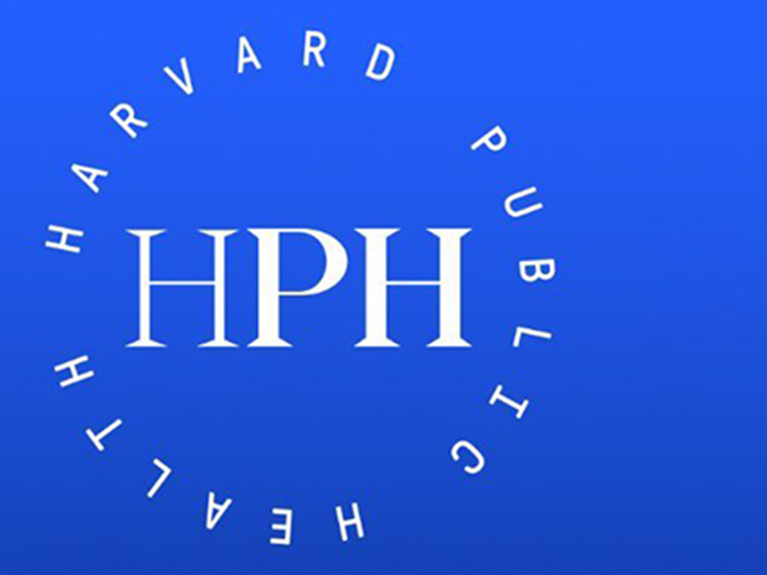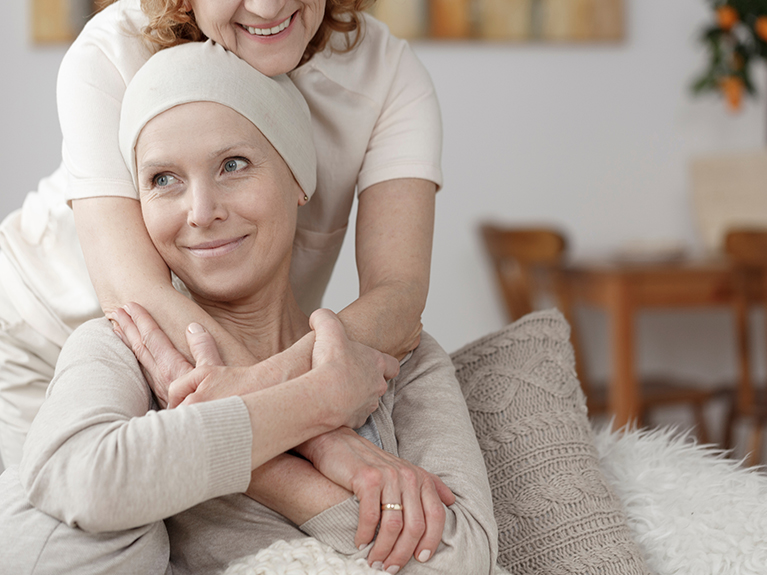What the Build Back Better Plan Means for People Living With Serious Illness
The Biden-Harris Administration’s Build Back Better Plan includes critical C-TAC priorities, including expanding the hospice and palliative care workforce, support for unpaid family caregivers, community supports for older adults through the Older Americans Act (OAA) programs, and support for direct care workers.
While the funding for these services is less than originally outlined in the President’s plan, we are encouraged that these provisions remain in the latest version of the House bill that reflects Senate and White House input. Today, House Democrats announced that 4 weeks of paid family medical leave would be added to the bill.
The latest version of the bill includes components with critical implications for people living with serious illness:
1.) $100 million investment in palliative care and hospice.
- Palliative Care and Hospice Education and Training
- $30m in funding to support training of health professionals in palliative and hospice care, foster patient and family engagement, integration of palliative and hospice care with primary care and other appropriate specialties, and collaboration with community partners to address gaps in health care for individuals in need of palliative or hospice care.
- Palliative Medicine Physician Training
- $20m in funding for accredited schools of medicine, teaching hospitals, and graduate medical education programs to train physicians or specialists who plan to teach or practice palliative medicine.
- Palliative Care and Hospice Academic Career Awards
- $20m in funding for programs to promote the career development of individuals who are board certified or board eligible in hospice and palliative medicine and have a junior faculty appointment at an accredited health professions school.
- Hospice Palliative Care Nursing
- $20m in funding to accredited nursing schools, health care facilities, programs leading to certification, partnerships of such schools and facilities, and programs and initiatives to develop and implement programs to train and educate individuals in palliative care in educational, hospital, hospice, home, or long-term care settings.
- Dissemination of Palliative Care Information
- $10m in funding for an awareness campaign to inform patients, families, caregivers, direct care workers, and health professionals about the benefits of palliative care and the services that are available to support patients with serious or life-threatening illnesses.
2.) Support for Unpaid Caregivers.
- $40m to establish, enhance, or expand programs to address the behavioral health needs of unpaid caregivers of older individuals and older relative caregivers.
3.) Funding for other Community Supports
- $1.2 billion for Older Americans Act (OAA) programs, including:
- $75m for the Research, Demonstration, and Evaluation Center for the Aging Network;
- $655m to support home-and community-based supportive services;
- $140m to support nutrition programs for older Americans;
- $150m to support the National Family Caregiver Support Program;
- $50m for services, including nutrition, for Native American older adults;
- $50m for the long-term care ombudsman program;
- $75m for technical assistance centers or national resource centers for culturally appropriate care management and services for older individuals with greatest social need, including racial and ethnic minority individuals and older individuals who are underserved due to sexual orientation or gender identity; and
- $5m for multigenerational civic engagement projects.
- $5m for the Lifespan Respite Care Program, which provides accessible, community-based assistance to family caregivers of children and adults with special needs.
- $52.5m (FY2023) in additional Elder Justice Act funding for long-term care ombudsman services and training and $392m for Adult Protective Services.
- $500m in medical-legal partnerships to establish a grant program for states to support the adoption of evidence-based approaches to establish, improve, or maintain linkages between health and social services and supports for vulnerable older adults.
- $392m for nursing home worker training grants to provide direct appropriations for grants to states to support workers providing aid, nursing, and social work services in post-acute and long-term care (LTC) settings, including hospice.
- $4 billion for the Neighborhood Access and Equity Grant Program to support neighborhood equity, safety, and affordable transportation access.
4.) Technical Assistance Center for Supporting Direct Care and Caregiving
- $20m to fund a national technical assistance center through HHS’ Administration for Community Living which will develop and disseminate evidence-based strategies for recruitment, education and training, retention, and career advancement of direct care workers and provide recommendations for activities to further support paid and unpaid family caregivers.
- $1 billion in grants to Support the Direct Care Workforce.
The full text of the bill can be found here.
The Section-By-Section description can be found here.


